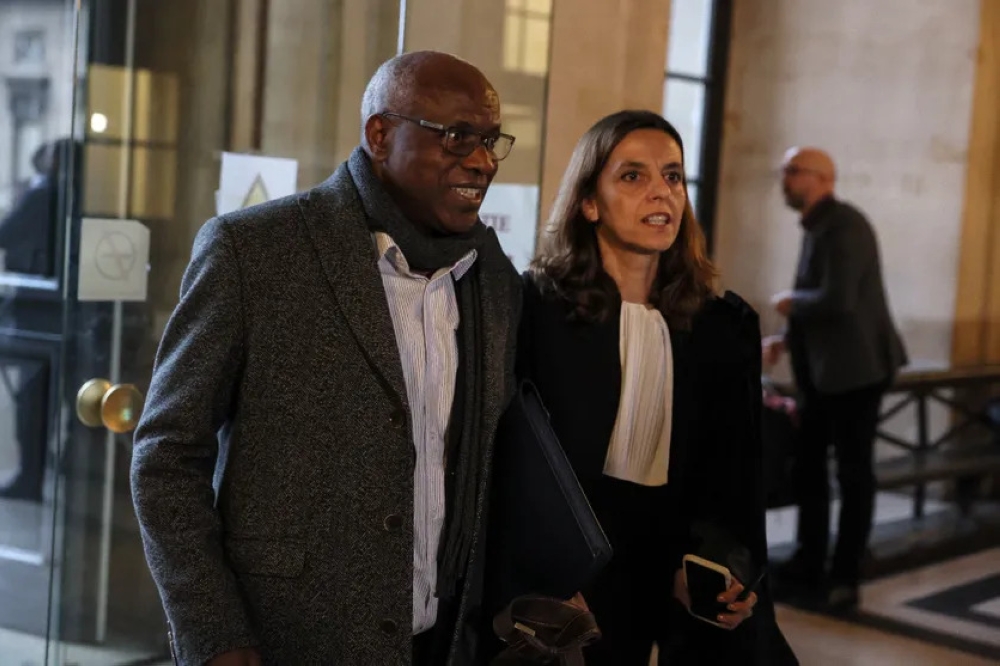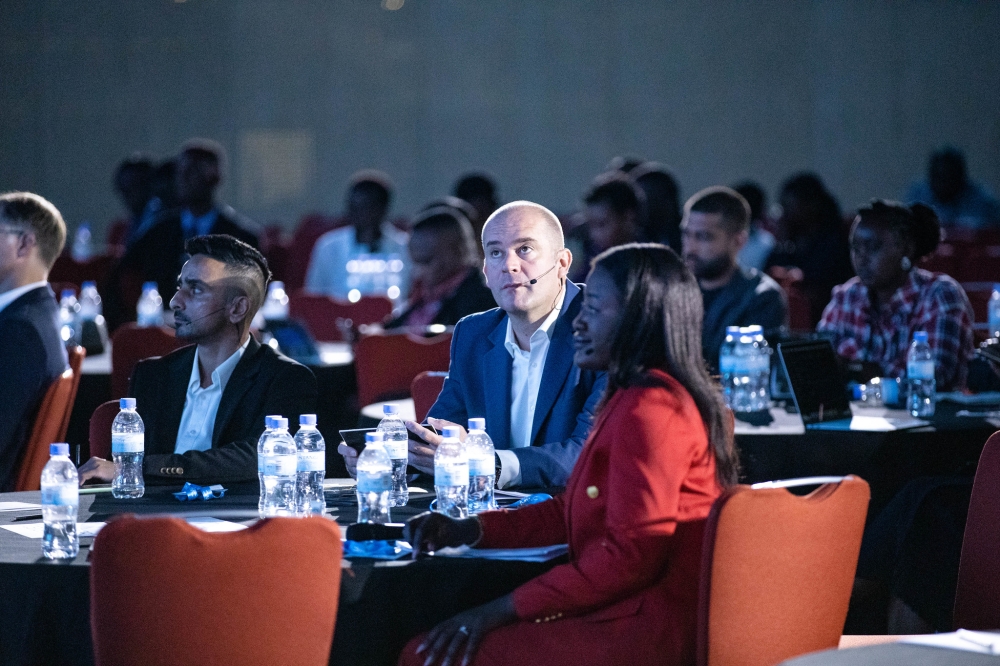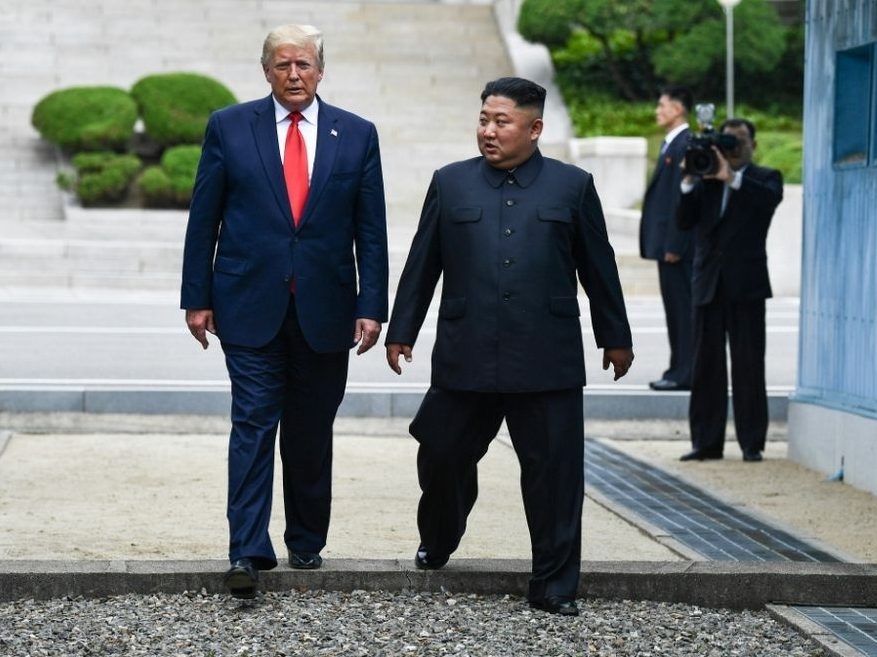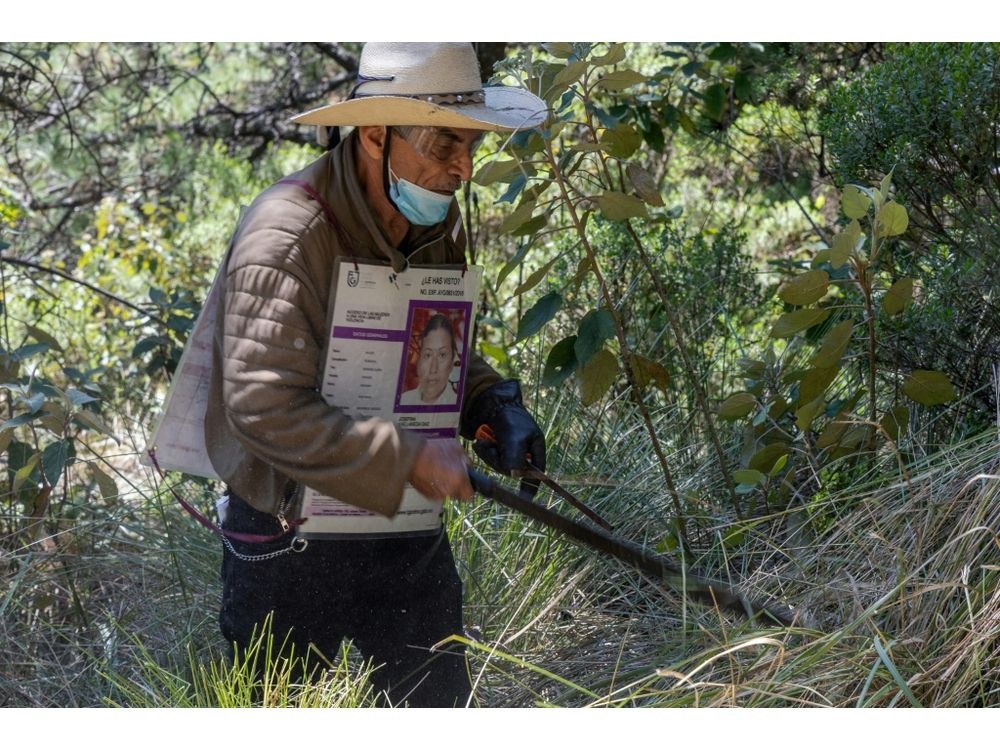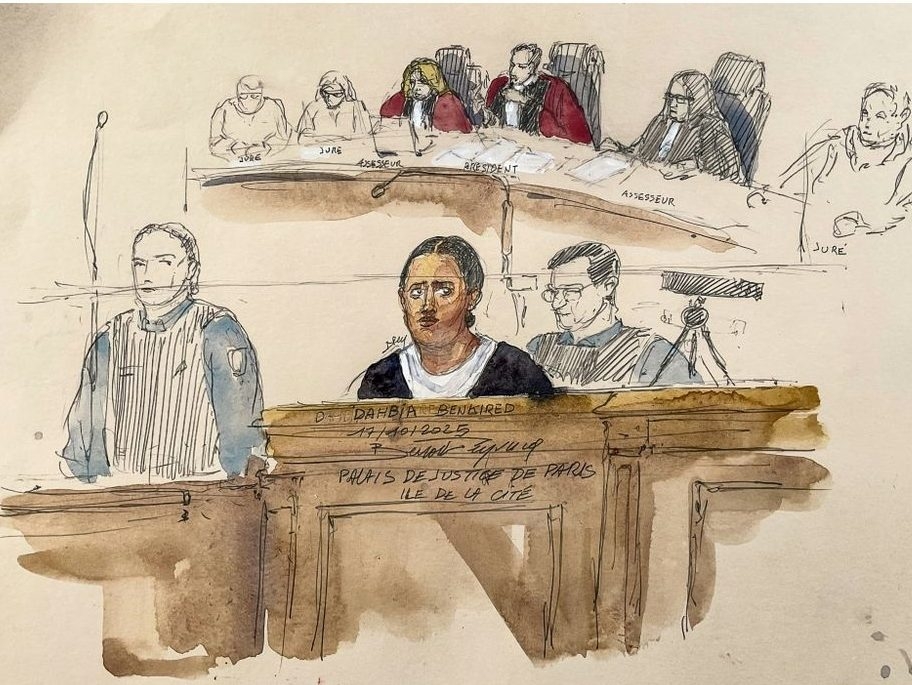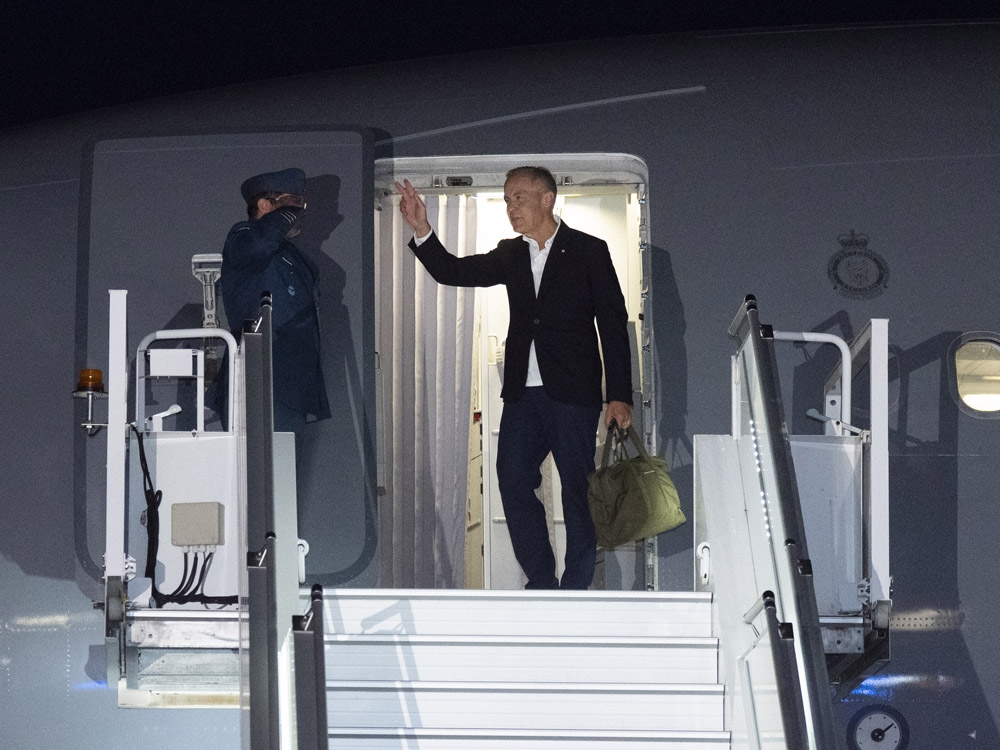The Minister of National Unity and Civic Engagement, Jean-Damascène Bizimana, has described Thursday, October 23, as “a memorable day in the history of justice for the crimes of the Genocide against the Tutsi” after a French court upheld the sentence for Sosthene Munenyana, a Rwandan doctor convicted of genocide.
ALSO READ: Genocide: French court maintains 24-year sentence for ‘Butcher of Tumba’
The Paris-based court of appeal on Thursday evening upheld the 24-year prison sentence handed to Munyemana for genocide, crimes against humanity, and complicity in genocide.
The gynecologist, infamously known as the 'Butcher of Tumba', was convicted by a lower court in 2023.
ALSO READ: ‘Butcher of Tumba’ sentenced to 24 years in France
Munyemana, who worked at CHUB hospital in Huye District and taught at the National University of Rwanda in 1994, had evaded justice for nearly three decades. He fled Rwanda in 1994 and has since lived in France. Throughout the trial, Munyemana maintained that he was innocent.
“He is no longer innocent. From now on, he is guilty of genocide,” Bizimana said in a post on X.
The minister stressed that the ruling challenged long-standing narratives of political persecution used by genocide suspects abroad to avoid accountability for their crimes. The French prosecution had asked for a life sentence for Munyemana.
“Some may say the sentence is light compared to the horrific crimes committed. What matters most is the conviction of the crime,” Bizimana said.
He commended the decisions of Rwandan Gacaca courts, which in 2010 had convicted Munyemana in absentia and sentenced him to life imprisonment. Thursday’s ruling, he said, reaffirmed the credibility and thorough work of the community-based courts.
A message to Genocide fugitives
Bizimana emphasized that the verdict sends a clear message to Genocide fugitives abroad. “Genocide is an international crime prosecuted worldwide. Fleeing does not grant immunity,” he said.
He added that the appeals court decision exposes and rejects claims by suspects and their lawyers that prosecutions are politically motivated. “They lie that they are being targeted for politics rather than defending themselves against genocide crimes they committed,” he said.
ALSO READ: Another step toward justice, decades after the Genocide
The minister also criticized lawyers who have persistently used distortion to shield perpetrators from accountability. He noted that several French lawyers defending genocide suspects, including Munyemana's defence team, have a history of attacking Rwanda’s leadership while ignoring irrefutable evidence presented in court.
“It is a disgrace to professionalism when lawyers fabricate lies to insult the Rwandan State instead of defending their clients on the crimes they personally committed,” he said.
Justice for the victims of Butare
Munyemana was convicted for atrocities committed in the former Butare Prefecture, particularly in Cyarwa, Tumba and at CHUB hospital, where he worked during the Genocide. Survivors testified that he participated in planning and executing killings against Tutsi, including women and children, and facilitated massacres at roadblocks.
“The court provides justice to the Tutsi who were killed and the survivors who endured unimaginable suffering,” Bizimana said.
He noted that medical workers who took part in the killings betrayed ethical and sworn duties to protect life. Gacaca trials in Butare found that 25 doctors, three medical interns and 31 nurses from the hospital were implicated in the Genocide that claimed more than one million lives.
“These were experts trained to save lives,” he said. “They chose ideology over humanity.”
Recognition for those who fought for justice
Bizimana acknowledged the role of activists who pursued Munyemana since 1995. Even when the suspect expressed confidence that he would never face trial, the group persisted until justice was finally achieved.
“This sentence is the result of many years of dedication by people who believed in justice, even when the world doubted,” he noted.
France’s growing accountability role
Munyemana now joins a growing list of Genocide suspects tried and sentenced by French courts.
The minister welcomed France’s continued prosecution of genocide crimes committed in Rwanda. Over the past decade, several high-profile fugitives living in France have been convicted, including Pascal Simbikangwa who was sentenced to 25 years in 2016, Tito Barahira and Octavien Ngenzi, both handed life imprisonment in 2018, Laurent Bucyibaruta, sentenced to 20 years in 2018.
Others include Claude Muhayimana, sentenced to 14 years in 2021, Philippe 'Biguma' Hategekimana, handed life in 2023, and Dr Eugène Rwamucyo, now serving 27 years in prison since 2024.
A symbol of resilience
Bizimana said Munyemana's sentence remained a powerful victory against genocide denial and revisionism, although the conviction was a “a drop in the ocean,” given the scale of lives destroyed.
“It has taught a lesson to extremists who want to continue spreading hatred and rewriting history,” he said. “Rwanda has defeated the ideology of genocide before and will continue to do so.”
He called on young Rwandans to safeguard unity, and contribute to their country’s resilience. “What happened must never happen again,” he said.
